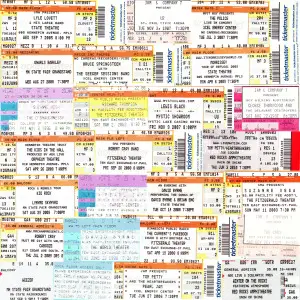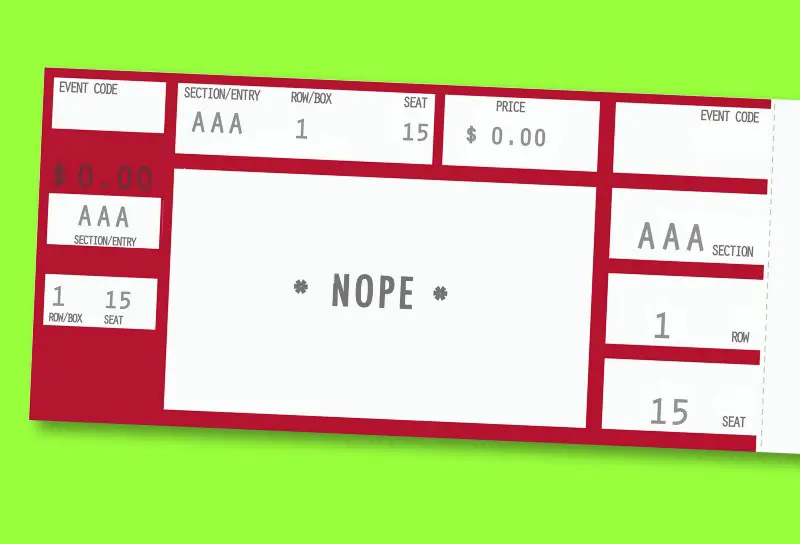
Yes, secondary ticket sellers jack up prices. But they can also take big losses like this.
We’re all familiar with what happens with concert tickets these days. Large numbers of tickets end up in the bands of secondary sellers and ticket brokers who then jack up the prices based on market demand. It’s a simple supply-and-demand situation.
There’s wide tolerance of secondary ticket sellers within the concert industry. These individuals and companies assume the risk of selling those tickets. As far as the promoter, the artist, the venue, and primary seller (usually Ticketmaster) are concerned, the tickets are sold whether or not the secondary sellers can actually put bums in seats.
We always hear about how prices for hot shots hit stratospheric levels as demand increases. But the opposite can also happen.
Take the case of Cher’s swing through western Canada. While Vancouver and Calgary are both on the books as being sold out, the secondary market is awash in tickets they can’t sell.
On Thursday, you could get a decent seat for Cher’s show in Vancouver for $16.25 on StubHub. PageSix reports that you could get a front row seat–front row!–for $142 just five hours before showtime.
It was even worse in Calgary. Leading up to Tuesday’s show, tickets on the secondary market could be had for as little as six(!!!) dollars.
Live by market forces, die by market forces.


